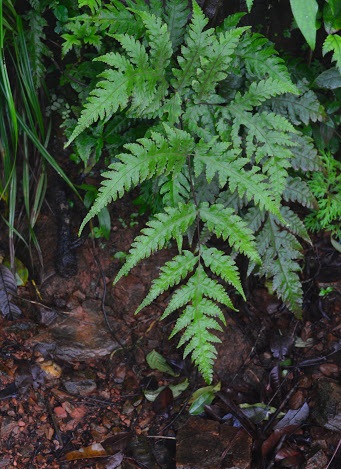Science & Technology
Whiteflies Resistant Variety of Cotton
- 21 Mar 2020
- 3 min read
Why in News
Recently, the National Botanical Research Institute (NBRI), Lucknow has developed a whiteflies-resistant variety of cotton.
- Whiteflies are one of the top ten devastating pests in the world that damage more than 2000 plant species and also function as vectors for some 200-plant viruses.
- Cotton is one of the worst-hit crops by whiteflies. As two-third of the cotton crop was destroyed by the whiteflies in Punjab in 2015.
Key Points
- Need for Development :
- Even though Bt cotton is also genetically-modified cotton and present in the market for farmers usage, it is resistant to two pests only and not resistant to whiteflies.
- Constituents :
- The leaf extract of an edible fern Tectaria Macrodonta causes toxicity to the whitefly.
- It works against whiteflies but is safe for application on the crop plants and provides protection from them.
- Process:
- When whiteflies feed on doses of insecticidal protein of Tectaria Macrodonta, it interferes with the life cycle of insects.
- The whiteflies suffer from very poor egg-laying, abnormal eggs, nymph and larval development, and the poor overall growth of the fly.
- Target and Non-target Insects:
- The Tectaria Macrodonta is found to be in-effective on non-target insects.
- Thus, it clearly shows that the protein is specifically toxic to whitefly and does not cause any harmful effect on other beneficial insects like butterflies and honeybees.
Tectaria Macrodonta
- Tectaria Macrodonta is native to tropical areas of Asia and commonly found in Western Ghats of India.
- The fern is known to be used in salads in Nepal and as a concoction for gastric disorders in many regions of Asia
National Botanical Research Institute
- The CSIR-National Botanical Research Institute (NBRI) – is amongst one of the constituent research institutes of the Council of Scientific and Industrial Research (CSIR), New Delhi.
- It undertakes basic and applied research on various aspects of plant science, including documentation, systematics, conservation, prospection, and genetic improvement.
- It emphasises on under-exploited, non-traditional, and wild plant genetic resources of the country for sustainable development and human welfare.




